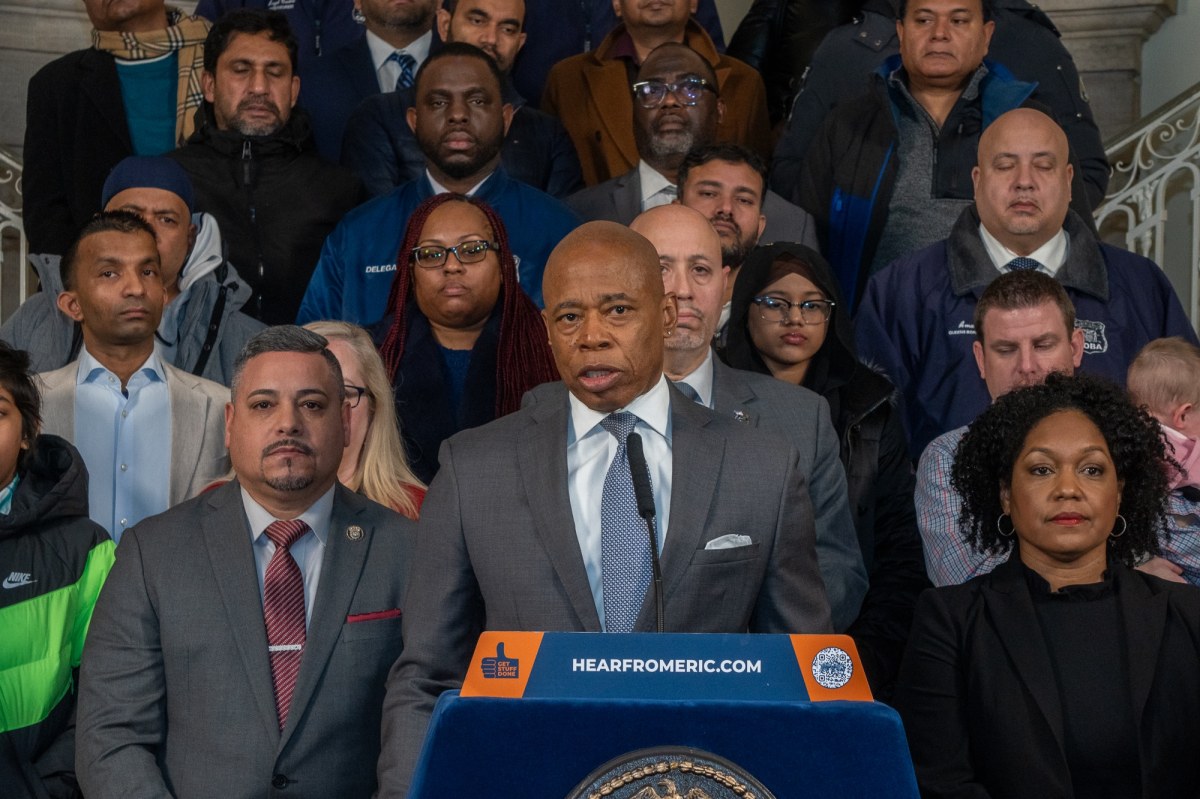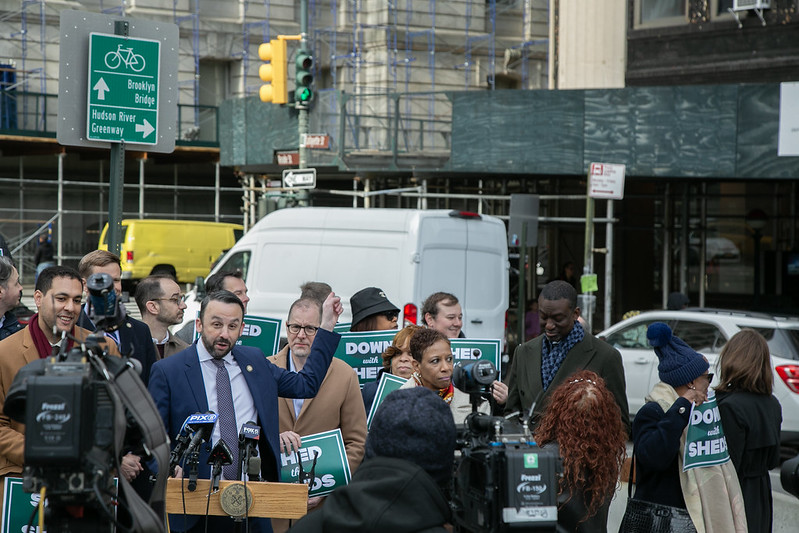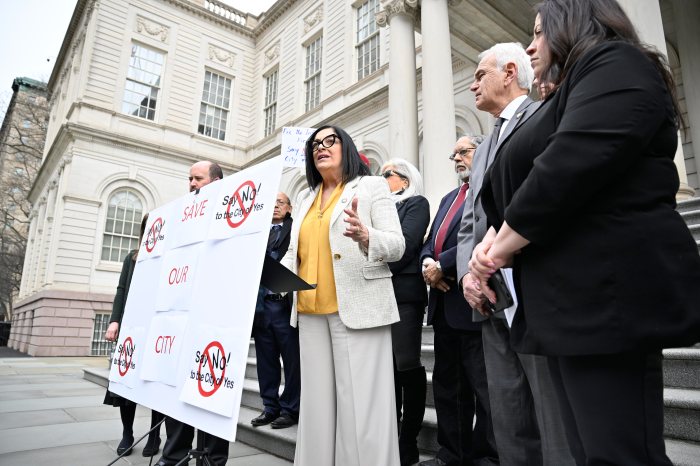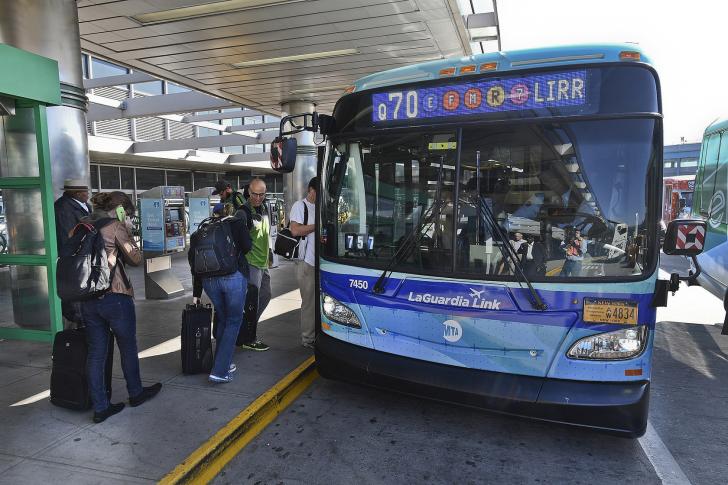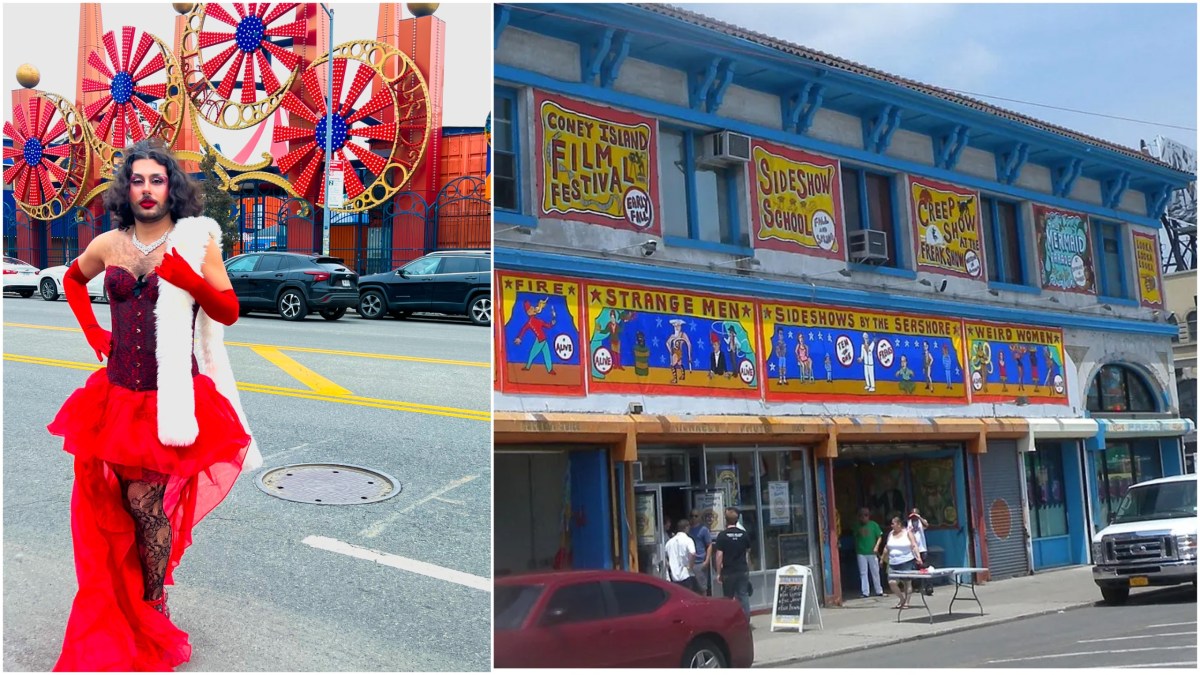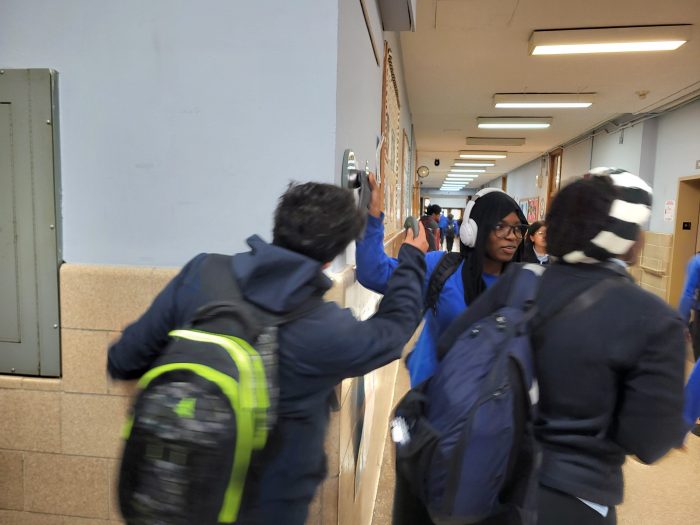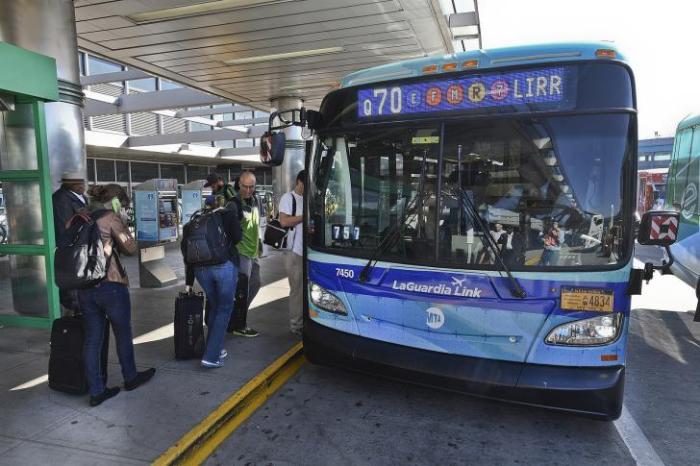Mayor Eric Adams on Sunday accused City Council members who approved a purported “solitary confinement” ban in the city’s correctional facilities of playing a “sleight of hand” to push through reforms that, he says, would undermine the security of detainees and guards alike.
The mayor officially vetoed the legislation, Intro. 549-a, on Friday, the same day he also struck down the “How Many Stops Act” which City Council leaders say will make the NYPD more transparent — but Hizzoner and police officials argue would bog officers down in needless paperwork to report general interactions with the public.
Solitary confinement, Mayor Adams insisted Sunday, is no longer in use on Rikers Island, with the practice having been outlawed in 2019 during the de Blasio Administration — though enforcing that ban was mired in various problems. Criminal justice advocates, however, argue the Correction Department’s alternative program to separate detainees who become a violent threat to correction officers, staff, other detainees and themselves — known as punitive segregation — is solitary confinement in a repackaged form.
But the mayor insisted they are wrong when describing punitive segregation as solitary confinement.
“This sleight of hand of using this terminology (of solitary confinement), that invokes a lot of passion, to get through this legislation, is misinformation at its worst,” Mayor Adams said during a Jan. 21 press conference in the City Hall rotunda.
Intro. 549-a, the mayor said, would prohibit the Correction Department from engaging in punitive segregation and other steps to prevent violence and keep staff and detainees safe in correctional facilities and even in transportation. One clause in the legislation would prevent any incarcerated individual from being placed in restraints at any time “unless an individualized determination is made that restraints are necessary to prevent an imminent risk of self-injury or injury to other persons.”
“This bill is saying that when they’re transporting inmates for whatever reason, they cannot handcuff them,” Mayor Adams suggested. “We would never allow police officers to transport an arrestee in the back of an RMP (police cruiser) without that person being handcuffed. Why would we do that to correction officers? On a correction bus, you can carry up to 20 detainees, and we’re saying to leave them un-handcuffed? This just does not make law enforcement sense.”
Mayor Adams described Intro. 549-A as “misguided,” and legislation that would prevent the Correction Department from fulfilling the basic requirement of keeping all individuals — detainees, staff and officers — safe in their confines.
‘Extrapolates and misapplies’ dangers
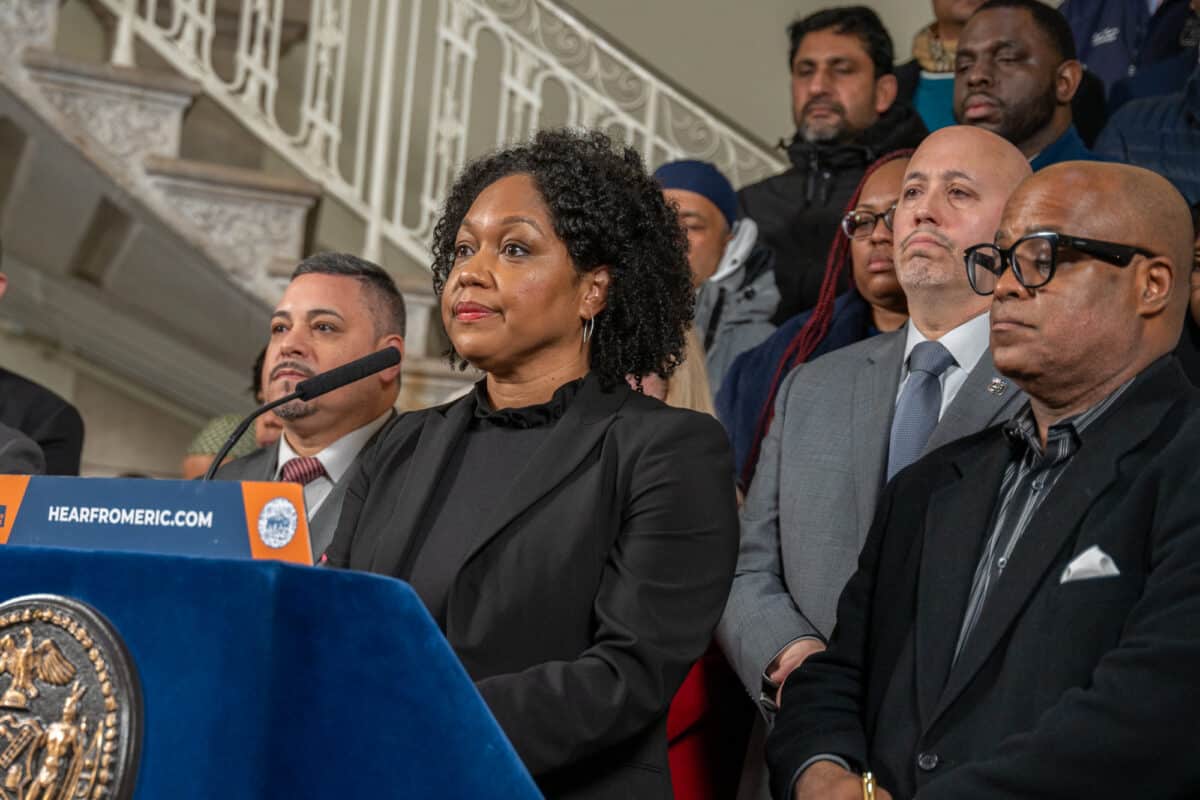
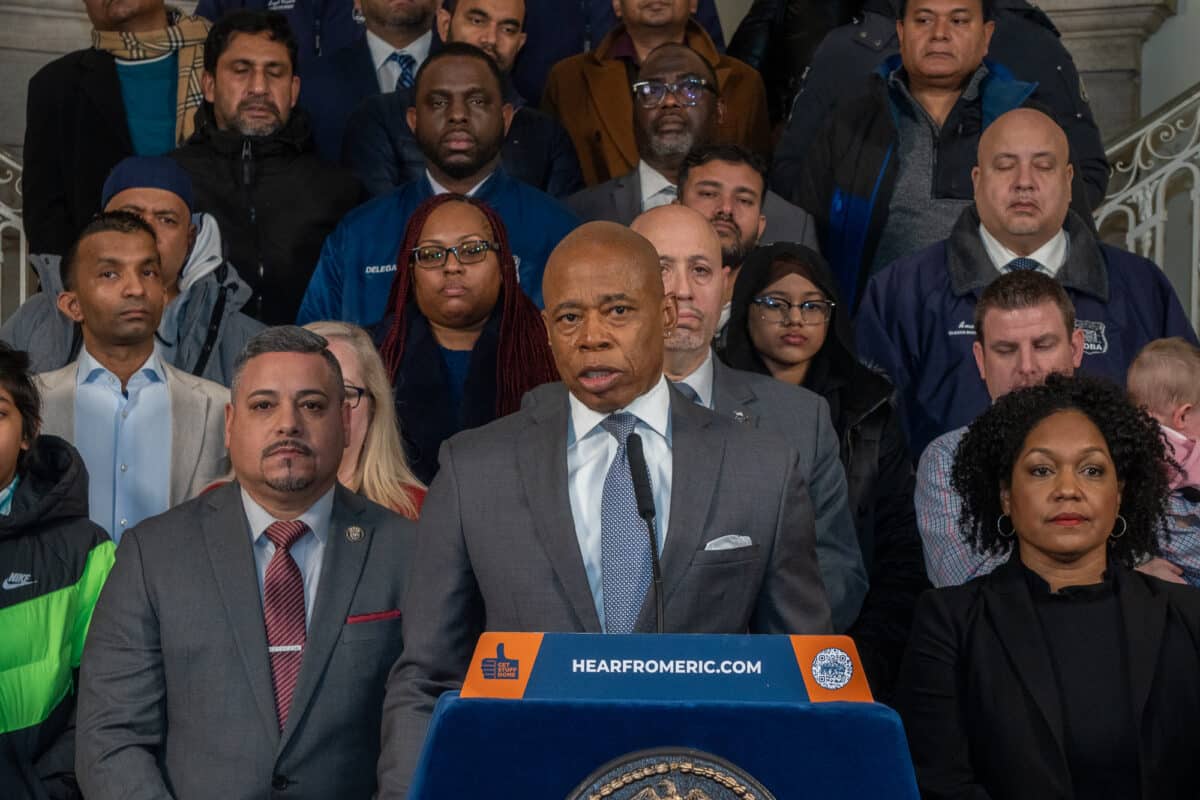
Correction Commissioner Lynelle Maginley-Liddie, who had been with the agency for eight years prior to being appointed to the post last year, agreed with that statement, while also suggesting that the language of Intro. 549-a seeks to misapply the standards of solitary confinement to common practices normally used to preserve safety.
“It purports to ban solitary confinement, but solitary confinement … is not a practice used in New York City jails, period, full stop. Anyone claiming otherwise is flat out wrong,” Maginley-Liddle said. “This is not a matter of semantics. Intro. 549-a extrapolates the dangers of solitary confinement and misapplies them to basic jail safety practices. … We do not want to punish people, but safe jail management depends on our ability to prevent and deter violence. Highly programmed restrictive housing that gradually returns detainees to the general population can achieve that.”
Furthermore, Maginley-Little and Mayor Adams that Steve Martin, the federal monitor appointed to oversee Rikers Island reform, argued in a letter that Intro. 549 goes too far, and would undermine the efforts made to make the facility safe.
“To the members of the City Council, I implore you to hear all that we’re saying today,” the commissioner noted. “We all want safe jails for staff and detainees, and we will work together with you to make them safer. But Intro. 549-a will not accomplish that goal.”
Family members of Correction Department personnel also spoke in favor of the mayor’s veto — including Sarah Walters, husband of a correction officer, Robert, who noted that he had been previously assaulted twice on duty.
“We just want him to come home safe. Twice now, he hasn’t come home safe,” she said. “They (correction officers) work in a very dangerous environment. We don’t need it to be more dangerous than it already is.”
‘Cowardly, weak, shameful’ remarks
Nevertheless, Intro. 549-a passed the City Council in December with a veto-proof majority; more than two-thirds of the Council’s members are needed to approve a veto override. City Council Speaker Adrienne Adams, on Friday, said the Council was “prepared” to move forward with an override vote.
Meanwhile, Public Advocate Jumaane Williams, the main sponsor of Intro. 549-a, said on Friday that Adams’ veto was “cowardly, weak, shameful, and entirely expected from this version of this mayor.”
On Sunday afternoon, Williams issued a lengthy statement slamming the mayor, accusing him of “threatening the long-term safety of our city every time he speaks about the imaginary legislation he opposes.”
“There was too much misinformation to address individually, but it’s infuriating to see the administration continue to deceive people about these bills and the reality on Rikers and in our streets,” Williams said. “In particular, to defend the status quo on Rikers the day after another detainee died under the oversight of this administration, left without so much as a mattress to lay on, is disgusting. The mayor is downplaying death on Rikers.”
City Council spokesperson Rendy Desamours offered similar sentiment in response to Mayor Adams’ remarks Sunday.
“The Council equally prioritizes the safety of people in custody and staff working in the city’s jails because everyone deserves to be safe. Continuing the use of solitary and isolation exacerbates the dangerous conditions in our jail system, endangering both staff and those detained, and despite the mayor’s claims, solitary is replicated in various forms on Rikers,” Desamours said in a statement. “Contrary to what the Administration said, the use of restraints during transportation of detainees is not prohibited in the bill. The department has a long history of chaining people to desks during what is supposed to have been rehabilitative and therapeutic programming, which is dangerous and increases violence, and our legislation directly addresses this.”



